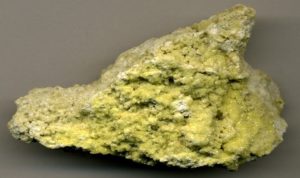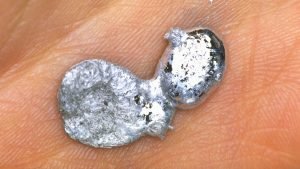Water is said to be life. However, what most people don’t realize is that a key component of water is hydrogen. Typically, therefore, hydrogen can also be said to be life. The interesting fact is that this essential element is the smallest and simplest element in the periodic table. However small, hydrogen has found practical applications in so many fields.
Uses of Hydrogen
The following are 10 common uses of hydrogen;
1. Lifting Agent
Hydrogen is one of the lightest elements. Therefore, it is usually put in contained spaces, such as balloons, and then used as a lifting agent.
2. Fuel
Hydrogen is used as a clean source of fuel. When it reacts with air, it forms water, which is then released as the emission. Also, hydrogen is a highly flammable element. These two aspects are the main reason why hydrogen is used as rocket fuel.
3. Food Industry
Most of the manufactured food acids and bases contain hydrogen as one of their components. Hydrogen is also used in the food industry due to its ability to break down fats.
4. Ammonia Fertilizer
Hydrogen is used to manufacture ammonium. Ammonium is a component rich in ammonia and hydrogen. Ammonium compound is usually added to fertilizers and works effectively in improving the soil health of gardens and lawns.
5. Making of Paints and Varnish
Paints and varnishes contain methyl alcohol. Hydrogen plays a key role in the manufacture of methyl alcohol, used in these paints. The methyl alcohol is also found in cement.
6. Welding

Most welding activities involve the use of oxyhydrogen torches. To power these oxyhydrogen torches and ensure their functionality, a reaction between hydrogen and oxygen has to occur. When this reaction occurs, it creates a very hot oxyhydrogen torch which effectively melts steel.
7. Extraction of Metals
The extraction of metals from their ores is facilitated by the use of hydrogen. An example of such metals which are extracted using hydrogen is tungsten. Tungsten metal in the ore is usually available in the form of tungsten oxide. The tungsten oxide is combined with hydrogen, forming pure tungsten and water.
8. Manufacture of Hydrogen Peroxide

Hydrogen is reacted with air, at specific conditions, to form hydrogen peroxide. This chemical compound has anti-bacterial properties and is therefore used as a disinfectant. Hydrogen peroxide can also be used as a mouthwash for improving a person’s dental health.
9. Production of Methanol
Hydrodealkylation and hydrocracking processes lead to the production of methanol. The hydrogen element is usually used in these processes. The methanol produced is used to make artificial materials, such as plastics.
10. Production of Glass
Hydrogen has also found practical application in the glass industry. Here, it is used as a protective or inerting gas, to protect the delicate glass material from reacting or getting damaged.
Conclusion
Who said small mean useless? Hydrogen is the smallest element of all elements in the periodic table. Yet, hydrogen has found so many practical uses in our world. This simple and small element has brought great meaning to our world.




